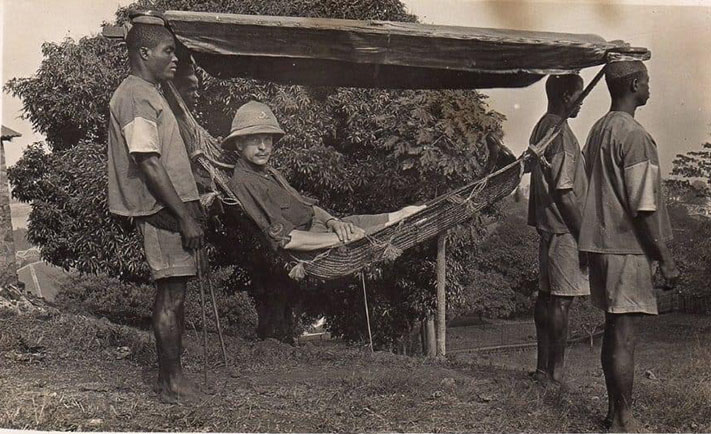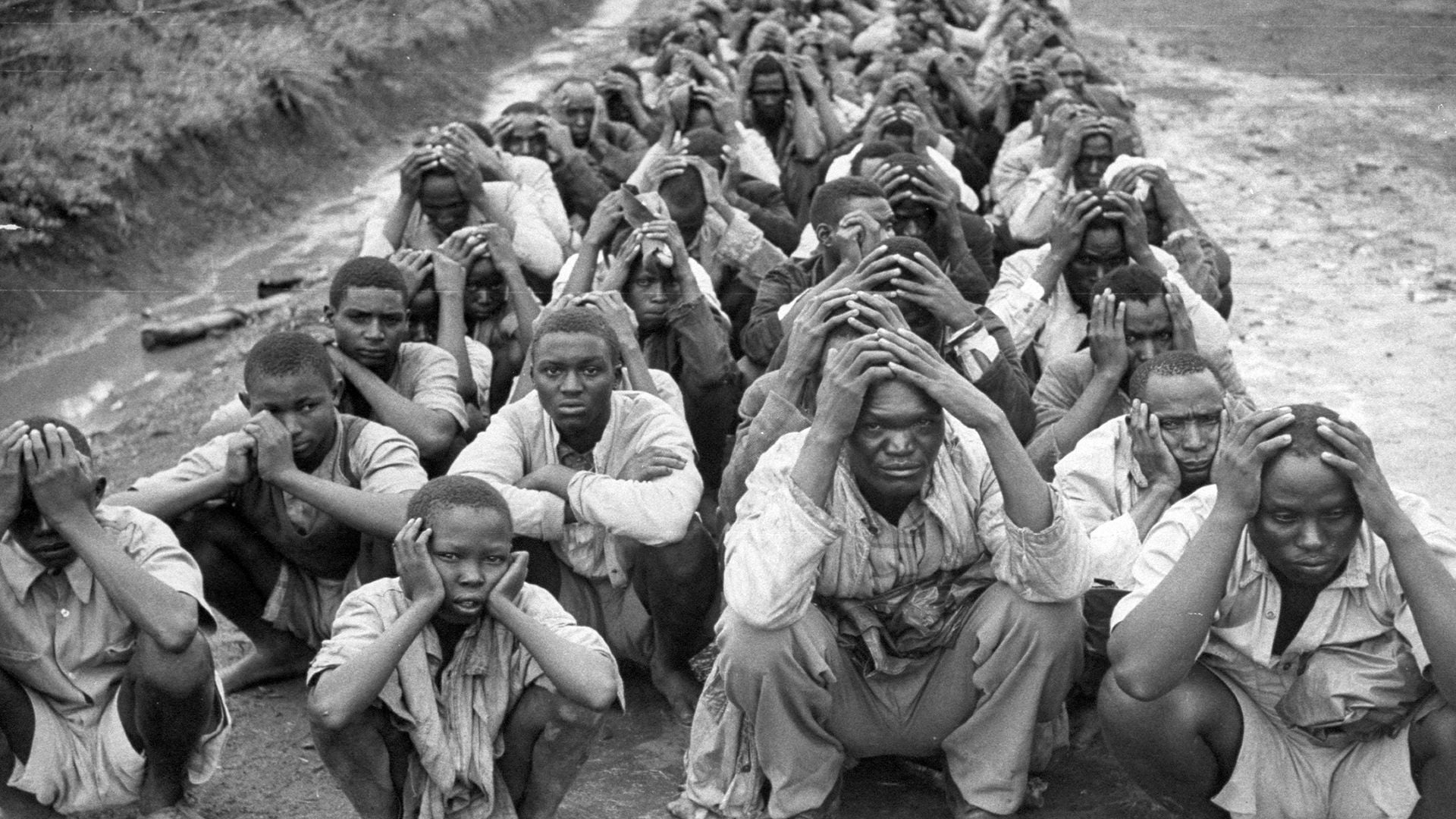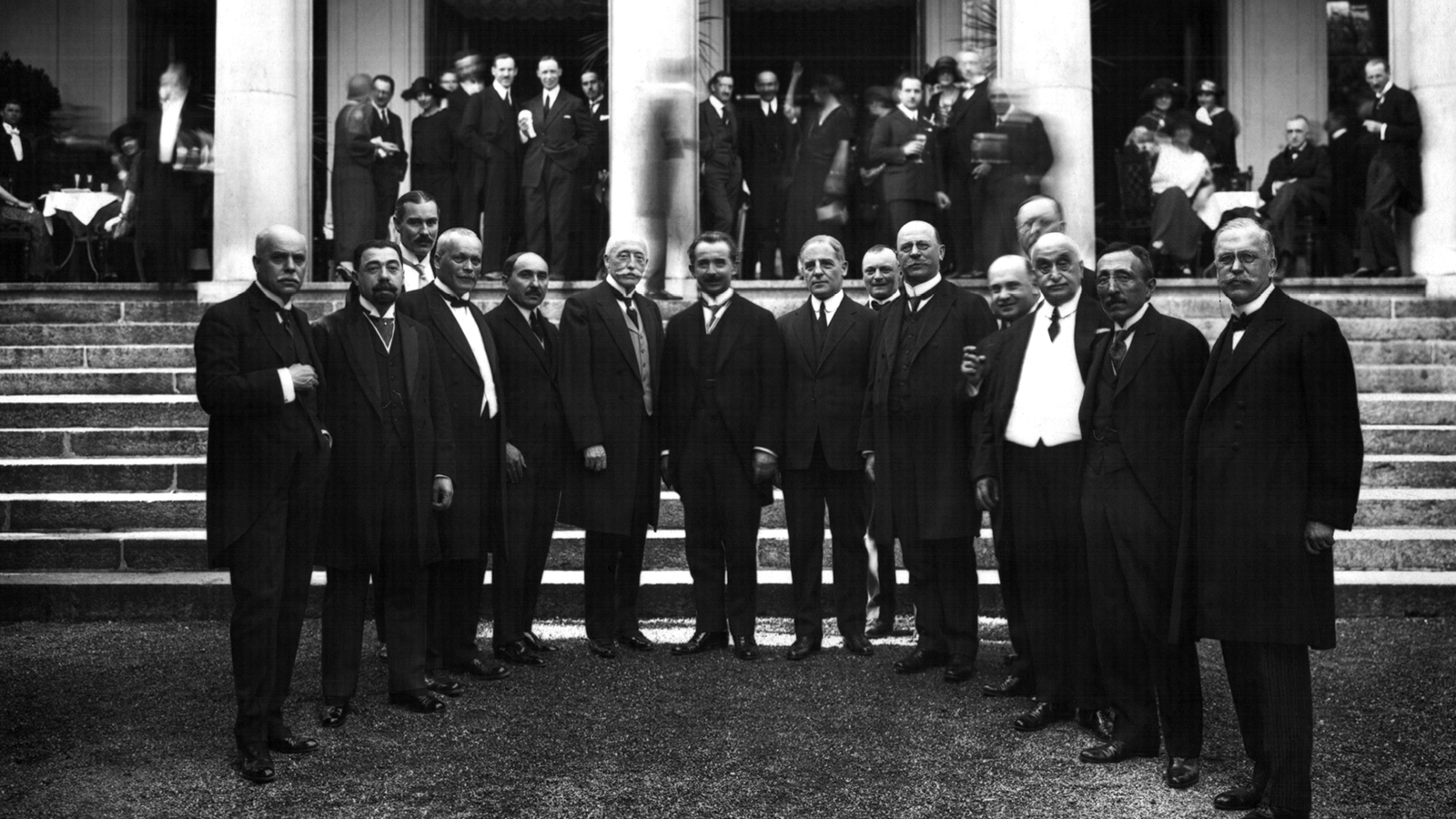The colonization efforts of great powers generally aimed at economic gains, benefiting from the resources and the labor force of Africa. European powers embarked on this mission as if they were going to provide Africans with education and contribute to civilization, rather than colonizing the land. The reality was far more different than what they have proposed. European colonizers overall behaved brutally towards the local people of Africa, with racist and xenophobic ideas circulating among European great powers. Although the way of behaving towards indigenous people of Africa differed among European powers, at some point every great power exploited the land and local people through different strategies and use of trickery. This paper analyzes the colonization efforts of great powers considering their practices in the following countries: Kenya, Nigeria, and Namibia.
One of the major colonization efforts was about gaining economic benefits. Economic expansion was prominent among the European powers that they forced African people into working for their white rulers and exploited the labor force. When white settlers arrived in Kenya, they came up with a taxation system that aimed at implementing forced labor. Indigenous people in Kenya had to pay taxes to the British government. Those taxes were only accepted in British pounds, although there were different currencies being used in Kenya. Most Kenyan people didn’t have British pounds on themselves. In order to pay their taxes, they needed to find a job that could pay them in British pounds.
The only businesses that had made such opportunity available were the British businesses which forced Kenyan people to work for themselves so that they could pay their taxes. If they didn’t pay their taxes, they were punished by a fine which when not paid led to forced labor the British were looking for (Black History Month, 2020) European powers also brought a taxation system for the bodies of African people. This occurred as a result of the lack of infrastructure and efficient transportation systems during the start of the colonial era (Englebert and Dunn, 2019). Since there was a lack of roads or trains, men were taken from their villages and were forced to carry the belongings of the Europeans. British colonizers also took the fertile land in British East Africa which belonged to one of the Nigerian tribes, “Kikuyu”. To do so, they tricked the population or used force towards them. The plan was essentially using the labor force and making the local population dependent on their white rulers by giving them no choice other than working if they wanted to continue living in certain areas. Anyone that opposed the white settlers was being faced with the threat of being displaced or killed which reflected the brutality of the European powers.

Another colonization effort was done by implementing different governance systems in order to hold central authority in the hands of Europeans. It was stated that there were different institutional setups among the European powers regarding the governance over territories (Englebert and Dunn, 2019). The difference was between the direct and indirect rule. Great powers were able to impose power on local people not only through the traditional ruling system but also by changing notions of customary culture (Herbst, 2000). On one hand, a direct rule meant that there was a central authority in which local people were subject to the governance of their colonizers.
On the other hand, indirect rule gave authority to African chiefs under the governance of British rulers. British colonizers practiced indirect rule in their colonies, mainly in Nigeria, which aimed at making local authorities subject to colonizers while giving them legitimacy. This meant that there were local chiefs who could exercise authority over African people if they were loyal to the British. Thus, one of the major differences in colonial practices was the way European powers governed territories in Africa, in an attempt to legitimize their rule.
For the case of Namibia, Germans used trickery and manipulation of the local population in order to acquire fertile land. The acquisition of land was done by treaties but also through the use of force against the local population. Since the local population in Namibia didn’t have much understanding of treaties, Germans told them the treaties aimed at friendship and protection of local people. However, treaties in fact aimed at the acquisition of land at little cost and enabling Germans to make provisions in the treaties later on. Until the conflict of 1903 between local tribes and German settlers, more than 25% of Herero’s (a tribe in Namibia) land was taken over by the German colonizers. Colonial powers believed that Africans were beneficial only for the labor force, they didn’t have any other rights. The understanding of land possession differed between the local population and the Germans that it eventually brought conflict. Colonization efforts could also be seen from the conflict that it highlights how Germans didn’t refrain from using violence against the local population and exterminating them in order to achieve their goals.
The conflict in Namibia also showed the extent of the inherent racism Germans had regarding their attitudes towards the tribes in Namibia. The German case is different from the others in the sense that although Germans have collaborated with one of the tribes during their colonization efforts, they still choose to behave hostile towards them. After Namibian people were forced to sell their main sustenance, they either sold their land as well or entered the wage labor market. However, some of the Herero people wanted to resist German expansion and started a revolt (Berat 1993). Under the leadership of the Herero leader Samuel Maharero, a war started between Germans and the local population. The war showed that no matter which tribe people belonged to, Germans were determined to exterminate everyone. In the rebellion of 1903, all tribes in Namibia which are Herero, Nama and Damara were exterminated. But the difference between them was that Damaras had collaborated with Germans before. This didn’t make any difference for Germans even though Damaras didn’t betray Germans. Half of the Damara population was exterminated in the conflict which indicated the inherently racist ideas Germans believed in. No matter how Africans acted, Germans behaved brutally towards them and disregarded the rights of black people. White people only aimed at “normalizing” their own lives and securing economic growth while maintaining control over the local population (Pfister 2006).
In conclusion, great powers’ colonization efforts were similar in the sense that they aimed at making the local population dependent on themselves and using slave labor. They used force or manipulated the public in order to benefit from the use of land and resources. Although their goals and behavior towards the indigenous people of Sub-Saharan Africa were similar, their way of doing so differed among great powers. The most significant example of such a situation was the practice of direct and indirect rule in which some great powers like Britain governed the public through indirect rule. The use of trickery and manipulation were also common among great powers with regard to the exploitation of African people.
References
Berat, L. (1993). Genocide: The Namibian Case against Germany. Pace International Law Review. 5 (1). 1-47. https://core.ac.uk/download/pdf/46711932.pdf
Black History Month. (2020). The Colonization of Kenya. https://www.blackhistorymonth.org.uk/article/section/african-history/the-colonisation-of-kenya/
Englebert, P. & Dunn, K. (2019). The Evolution of African States. Inside African Politics. Lynne Rienner Publishers. (pp. 17-62). https://moodle.bilkent.edu.tr/2020-2021-spring/pluginfile.php/40394/mod_resource/content/0/01-Englebert%20and%20Dunn.pdf
Herbst, J. (2000). The Europeans and the African Problem. States and Power in Africa: Comparative Lessons in Authority and Control. Princeton University Press, (pp.58-96). https://moodle.bilkent.edu.tr/2020-2021-spring/pluginfile.php/40397/mod_resource/content/0/03-Herbst.pdf
Pfister, G. (2006). Colonialism and the Enactment of German Identity—”Turnen” in South West Africa. Journal of Sport History, 33(1), 59-83. Retrieved April 11, 2021, from http://www.jstor.org/stable/43610449












